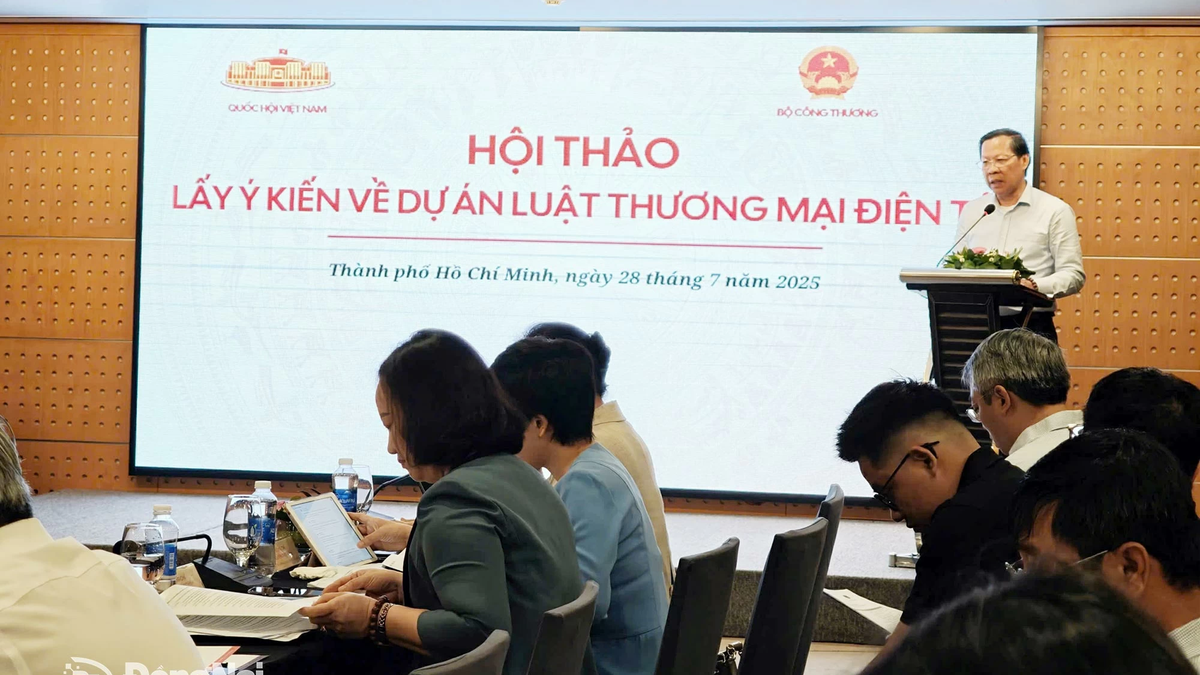At a press conference on February 3, Hong Kong police said that the employee was tricked into joining a video call with other people, but in fact all of these “colleagues” were deepfakes.
According to senior police official Baron Chan Shun-ching, staff initially became suspicious after receiving an email purportedly from the UK's chief financial officer. The email said a secret transaction was needed.

However, the employee put aside his initial doubts after the deepfake video call, Chan said. Believing everyone else on the call was real, he agreed to transfer a total of HK$200 million — about US$25.6 million — the officer added.
The incident is one of several recent incidents in which scammers have used deepfake technology to modify publicly available videos and other footage to scam people out of money.
Hong Kong police said at a press conference on Friday that they had made six arrests in connection with such scams. Eight stolen Hong Kong identity cards — all reported by their owners — were used to make 90 loan applications and 54 bank account applications between July and September 2023, Chan said.
At least 20 times, deepfakes were used to fool facial recognition programs by imitating people in photos on ID cards, according to police. The scam involving the fake CFO was only discovered when employees later checked with the corporation’s headquarters.
Hong Kong police did not disclose the name or details of the company or employee.
Authorities around the world are increasingly concerned about the sophistication of deepfake technology and its nefarious uses.
In late January, AI-generated pornographic images of American pop star Taylor Swift went viral on social media, highlighting the potential for harm caused by artificial intelligence technology.
The photos were viewed tens of millions of times before being removed from social platforms.
(According to CNN)
Source

























![[Photo] National Assembly Chairman attends the seminar "Building and operating an international financial center and recommendations for Vietnam"](https://vphoto.vietnam.vn/thumb/1200x675/vietnam/resource/IMAGE/2025/7/28/76393436936e457db31ec84433289f72)










































































Comment (0)